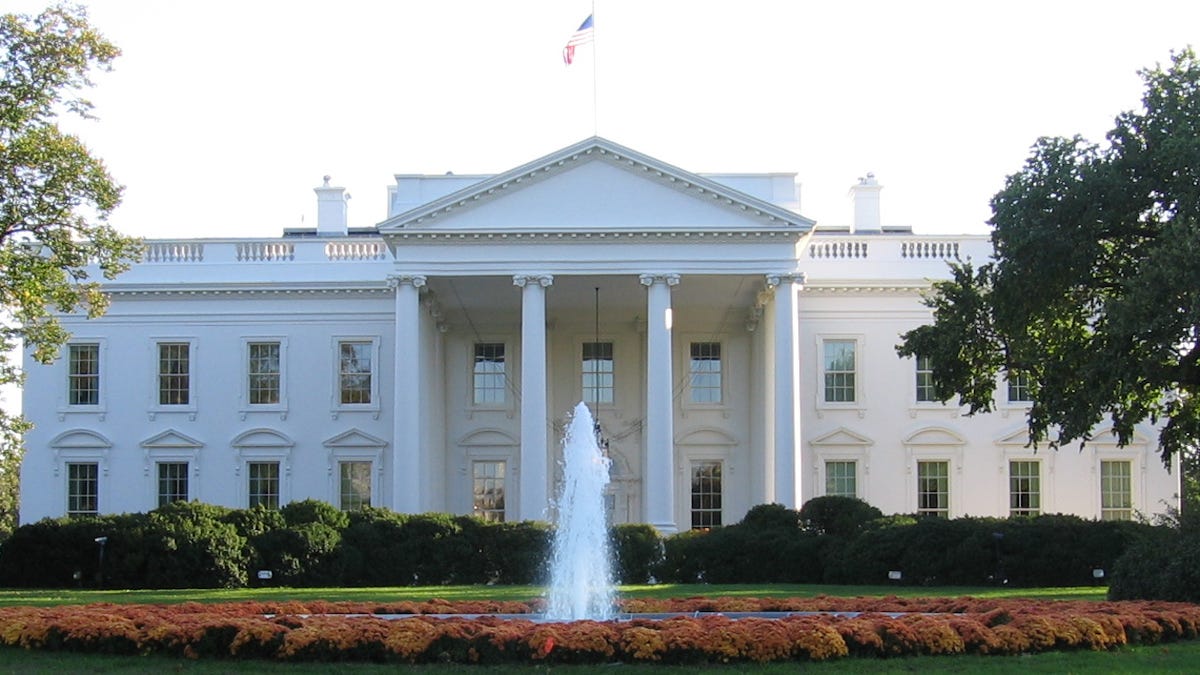Only the good need apply
On police strikes, temptation, and intolerance for wrongdoing
Calvin Coolidge rose to national prominence with his emphatic law-and-order response to a Boston police strike when he was governor of Massachusetts. The event produced one of his most famous quotations: "There is no right to strike against the public safety by anybody, anywhere, any time." As vice president, Coolidge was second to a President who famously turned a blind eye to scandalous corruption in his own Cabinet -- but he was himself sheltered by a reputation for probity.
■ Coolidge was a partisan politician, of course, but his brand was in no small part attitudinal. His icy view of corruption and wrongdoing by public officials -- bordering on preachy, even -- was part of his appeal.
■ In his autobiography, he wrote, "When a man has invested his personal interest and reputation in the conduct of a public office, if he goes wrong it will not be because of former relations, but because he is a bad man [...] What we need in appointive positions is men of knowledge and experience who have sufficient character to resist temptations."
■ We are often sold on how to vote because of policies, but the deeper truth is that most of what we really get, especially in executive office, is character and orientation. Policy agendas matter, of course, but they are largely predictable. The most important things that happen, though, are often matters of surprise: Armed conflicts, natural disasters, financial panics, disease outbreaks. Things that cannot be predicted, but only answered on the fly, using limited information and the best available judgment.
■ There must be some kind of demand for a Coolidge-like attitude today: Not for slick charm or magnetic personality, nor for expansive promises, but for high standards of character and a fierce intolerance for wrongdoing. "Bad men" (and women) should be shown the door without hesitation.



